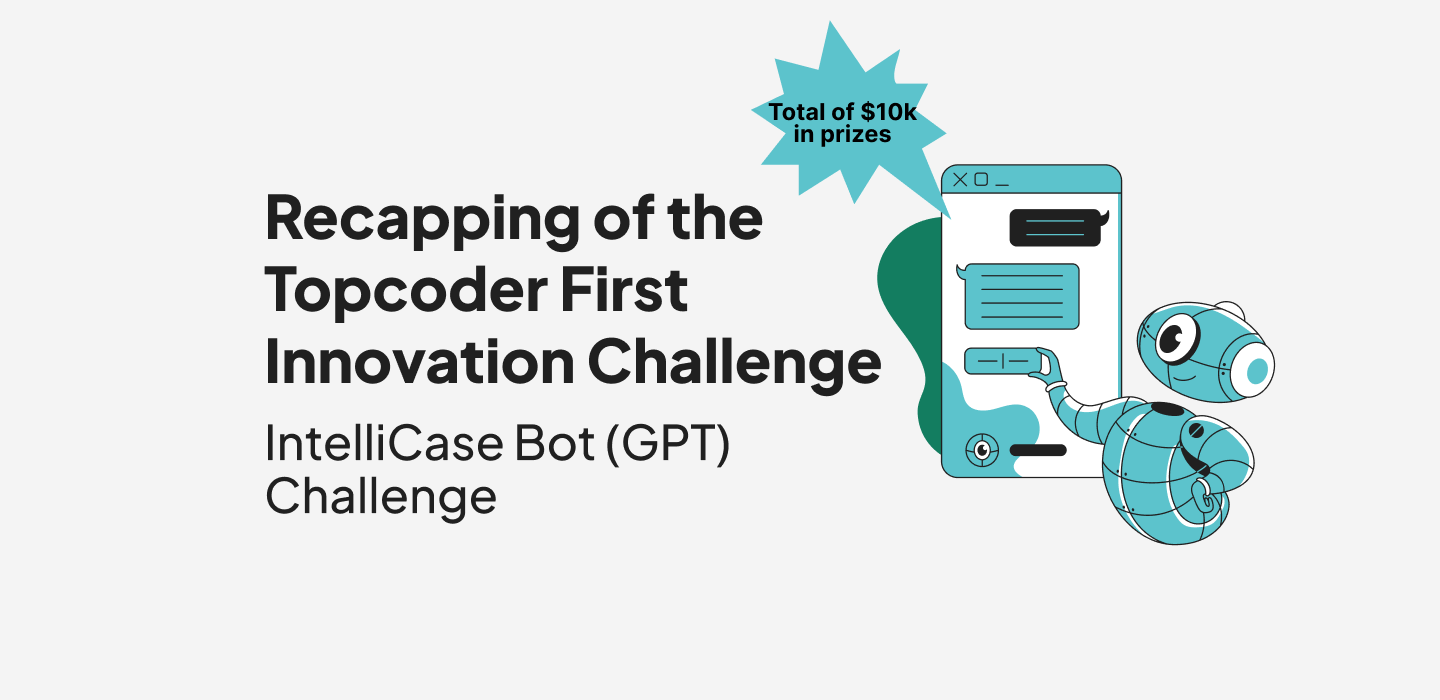June 18, 2021 The Art and Skill of Freelancing with Gig Economy Trailblazer Julie Cortes
In our Uprisor podcast series, we’re talking with Future of Work thought leaders about remote work and on-demand talent. Clinton Bonner, VP at Topcoder, recently spoke with freelance entrepreneur Julie Cortes. Julie is the founder of the Freelance Exchange of KC in Kansas City, and teaches the art and skill of freelancing as an adjunct professor at the Kansas City Art Institute, where she created her own course—aptly named Freelancing 101.
What are the risks and rewards of choosing the lifestyle? What fosters good client relationships and communication? Read and listen to the conversation as we explore what it means to freelance professionally.
Attitude is everything
Julie fell into freelancing over 20 years ago and hasn’t looked back. She describes her journey as having taken all kinds of twists and turns—going to school for advertising, earning her degree in journalism, working on the corporate and agency side, and finally giving freelancing a shot after losing her job.
Along the way, Julie learned what separates successful freelancers from those who merely tread water: it’s all about attitude and mindset. When you choose the freelance life you have to be your own boss, set your own office hours, and work those hours. Even if there’s no paid work coming in the door, there is still work to be done.
“I am absolutely nowhere where I thought I would be, but everywhere I’m supposed to be, 100%” —Julie Cortes
laying the groundwork for success
Motivated freelancers who have a determined mindset can set themselves up for success. That might look like getting educated about the legal and tax issues associated with freelance work, or taking the time to learn business basics. Julie says that many freelancers go to school to study their craft but don’t attend business classes, either because they aren’t required, or because they don’t think they’ll ever need them. Whether you start freelancing by choice or by default, it’s up to you to take control and learn how to do it successfully.
“You’ve got to know how to run your business. Successful freelancers go and get educated, they sit down, they write a business plan, they write a marketing plan, they get coaching, they get trained and they are in a better mindset.” —Julie Cortes
Don’t Be Afraid to Ask For Help
Julie created the Freelance Exchange of Kansas City back in 2003, about five years into her freelancing career. She describes looking around and thinking, “I have questions. All these other freelancers, don’t they have questions too?” She reached out to other independent workers in her network and a group got together for lunch. From there, the Freelance Exchange was born.
Sharing knowledge, exchanging ideas, and learning from other’s experiences was so valuable, Julie quickly realized she had an entire semester worth of freelancer-related content on her hands. She parlayed her speaking and coaching into teaching Freelancing 101 at the Kansas City Art Institute.
“I think it’s super important to realize you don’t know it all. And there’s so much to learn. Humbleness is so important.” —Julie Cortes
Building great relationships with freelancers
As bigger and larger organizations get their heads around how to wield freelancers to be more productive, there’s an important piece of the puzzle to talk about: communication. Clear and effective two-way communication is essential to build good relationships with your freelance talent. Julie says that just as freelancers need to educate themselves, so too do customers who are utilizing contract talent.
Clients that are open to learning are going to make for the best clients. Clinton agrees that customers who show a willingness to listen, trust, and relinquish some control will reap the rewards. Allow expert freelancers to do their thing, and you can produce amazing content and amazing productivity over and over again. Thanks, Julie, for joining us and sharing your thoughts and expertise about freelancing. For more Future of Work conversations, check out Uprisor podcast.
“Clients who don’t have any issues abiding by your policies, signing your contracts, giving you a deposit upfront, all of these things that are industry or business standard, those are going to make for the best clients.” —Julie Cortes
Annika Nagy



